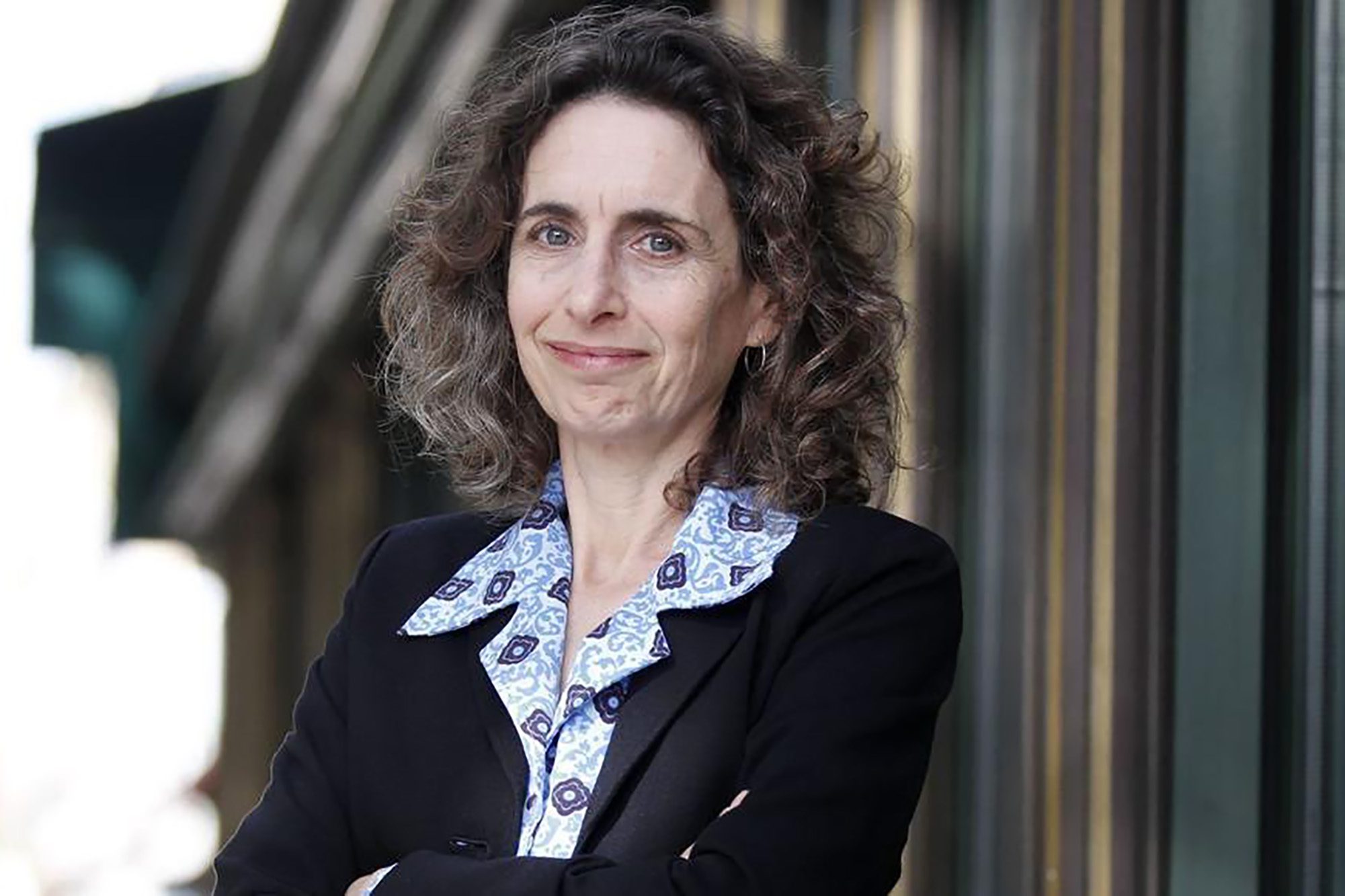
Tanner Lectures on Human Values: “Welcome to the Anthropocene: Lecture II – What Can We Do About It?”
The New Yorker, Pulitzer Prize-winning science writer and journalist Elizabeth Kolbert
April 29, 2022 · 4:30 pm—6:30 pm · 101 Friend Center
University Center for Human Values; Department of Geosciences; Department of Politics; High Meadows Environmental Institute; Princeton Public Lectures

ABSTRACT: In the second lecture, Elizabeth Kolbert will consider the human response to human domination of the planet. What steps will we take to counteract the effects of our (in many cases inadvertent) interventions in the biological and geochemical systems that support life? Some possibilities include: genetically engineering organisms to suit a rapidly changing world and re-engineering the atmosphere to offset global warming. Is it possible to, in effect, control for our own control? Or does it merely represent a new kind of hazard?” Registration is required. To register, click here.
Elizabeth Kolbert is an award-winning journalist and author, best known for her groundbreaking work on climate change and the environment. What began with her travels from Alaska to Greenland and interviews with top scientists to get to the heart of the debate over global warming has grown into an ongoing effort to bring the plight of our planet into the consciousness of the American people through her articles and books.
Kolbert has been a staff writer at The New Yorker since 1999, Kolbert’s original series on global warming, “The Climate of Man,” won a National Magazine Award and became the book “Field Notes from a Catastrophe.” The Pulitzer Prize-winning “The Sixth Extinction” also originated from her environmental journalism work for The New Yorker. So, too, her most recent book “Under a White Sky.”
Kolbert’s masterful storytelling has been recognized with numerous additional honors, including a National Academies Communications Award, a Heinz Award, a Guggenheim Fellowship, the Blake Dodd Prize from the American Academy of Arts and Letters, and the Pell Center Prize for Story in the Public Square.
Commentators:
Professor Iain McCalman has recently retired from his position as co-founder and co-director of the multi-disciplinary Sydney Environment Institute at the University of Sydney where he remains a professor emeritus. He is a fellow and former president of the Australian Academy of the Humanities, and a fellow of three other Australian and United Kingdom Learned Academies. His most recent books are “Darwin’s Armada” (2009, 2010) and “The Reef: A Passionate History: The Great Barrier Reef from Captain Cook to Climate Change (2013, 2014)” both were prizewinning. He is a former member of the Prime Minister’s Science and Innovation Council and was made an Officer of the Order of Australia in 2007 for Services to History and the Humanities. He is currently a professor emeritus at the Australian National University and a research professor in the Australian Catholic University’s Research Institute of Humanities and Social Sciences.
Professor Keohane is a graduate (B.A.) of Shimer College in Illinois and of Harvard University. He is the author of “After Hegemony: Cooperation and Discord in the World Political Economy (1984/2005)” and co-author (with Joseph S. Nye, Jr.) of “Power and Interdependence (1977/2012)” and (with Gary King and Sidney Verba) of “Designing Social Inquiry(1994/2021)”. He was on the faculty of the Woodrow Wilson School from 2005 to 2017, after teaching at Swarthmore College and Stanford, Brandeis, Harvard and Duke universities. He is a member of the American Academy of Arts and Sciences, the American Philosophical Society, and the National Academy of Sciences. He was awarded the Johan Skytte Prize in 2005 and the Balzan Prize in 2017. His recent work has been on the politics of climate change.















